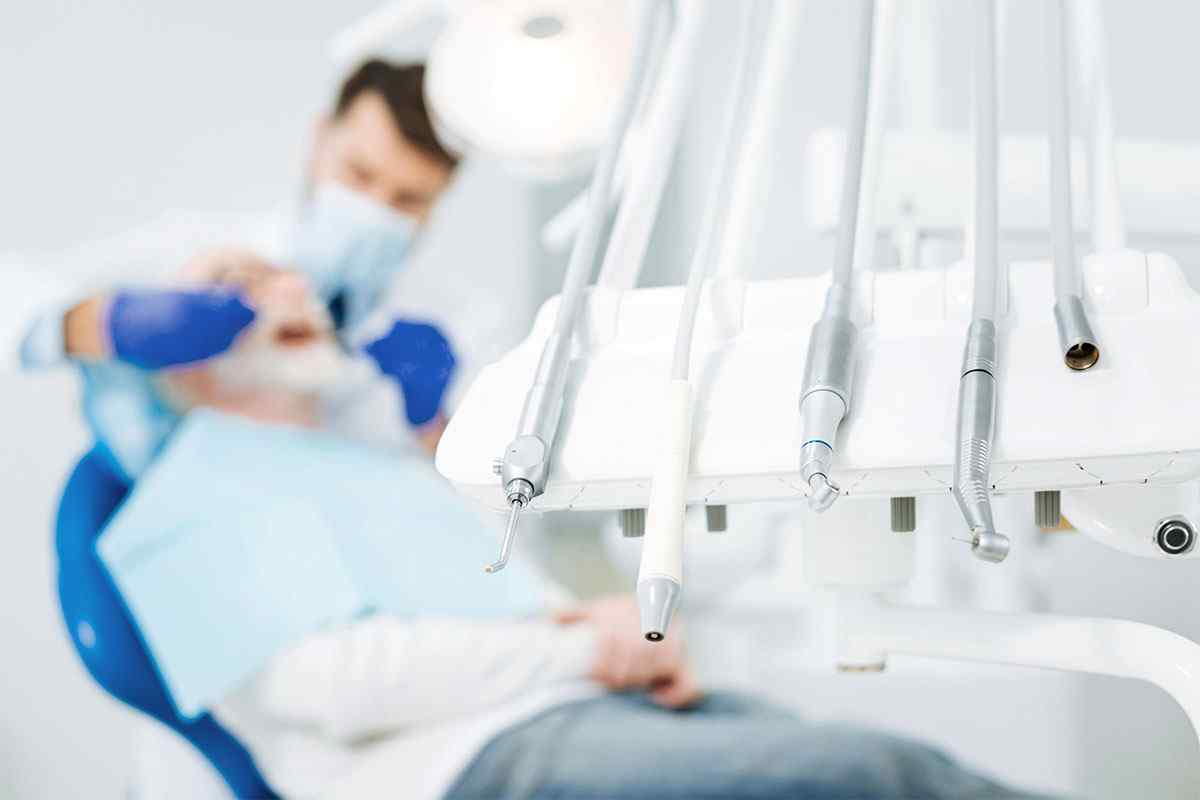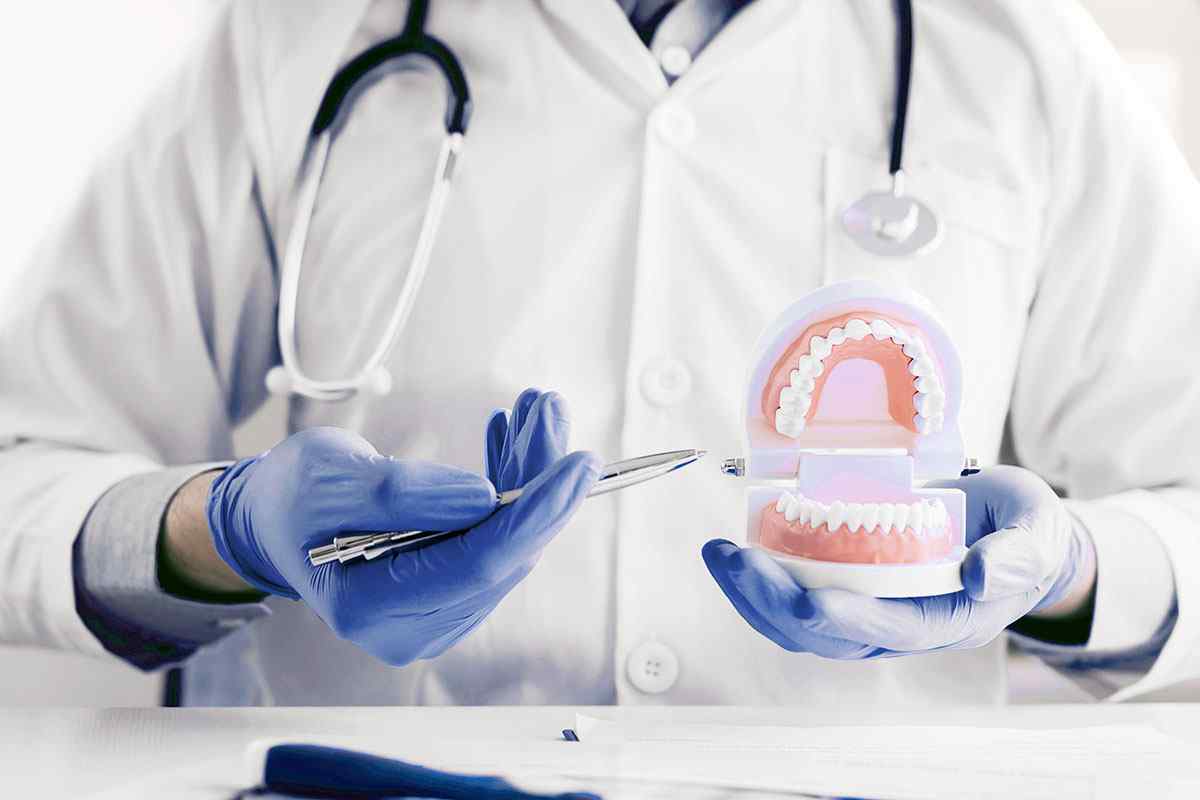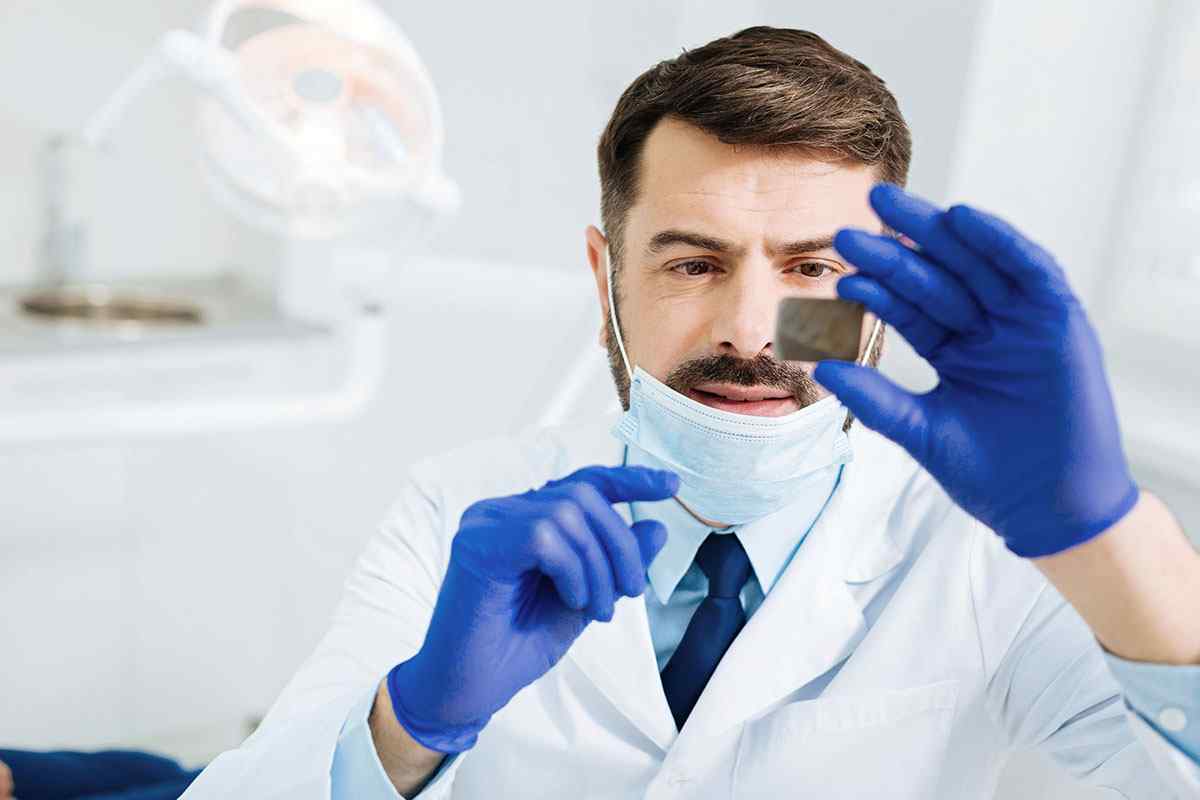For many people, a visit to the dentist can be a source of anxiety and fear. Whether it’s the whirring of dental instruments or the fear of pain, these apprehensions can deter individuals from seeking essential dental care. Fortunately, dental sedation has emerged as a game-changer, offering a path to more relaxed, stress-free visits to the dentist’s office. In this article, we’ll explore the world of dental sedation, its various forms, benefits, and who can benefit from it.
Understanding Dental Sedation
Dental sedation involves the use of medications to induce a state of relaxation and comfort during dental procedures. This can range from mild sedation to deep sedation, depending on the patient’s needs and the complexity of the procedure. The primary types of dental sedation include:
1. Nitrous Oxide (Laughing Gas)
Nitrous oxide is a mild form of sedation administered through a mask placed over the nose. It induces a sense of calm and relaxation, and patients remain conscious throughout the procedure. It is quick-acting and wears off rapidly once the gas is discontinued.
2. Oral Sedation:
Oral sedation involves taking prescribed medication, usually a pill, before the dental procedure. This type of sedation ranges from mild to moderate, and patients often feel drowsy but can still respond to the dentist’s instructions.
3. IV Sedation
Intravenous (IV) sedation is administered through a vein, allowing the dentist to precisely control the level of sedation. This type can range from moderate to deep sedation, and patients may not recall much of the procedure.
4. General Anesthesia
General anesthesia is the deepest form of sedation, rendering the patient completely unconscious. It is typically reserved for complex dental surgeries and is administered by an anesthesiologist.
Benefits of Dental Sedation
1. Anxiety Reduction
Dental sedation significantly reduces anxiety and fear associated with dental procedures, making it easier for individuals to seek the dental care they need.
2. Pain Management
Sedation can enhance pain management, allowing for a more comfortable experience during lengthy or uncomfortable procedures.
3. Time Efficiency
Dentists can often perform multiple treatments in a single appointment when patients are under sedation, reducing the need for multiple visits.
4. Improved Cooperation
Sedation can help patients with strong gag reflexes or those who have difficulty holding still to cooperate with the dentist.
Who Can Benefit from Dental Sedation?
Dental sedation can be beneficial for various groups of people, including:
1. Patients with Dental Anxiety
Individuals who experience extreme anxiety or dental phobias can greatly benefit from sedation, as it eases their fears and allows them to receive necessary dental care.
2. Children
Pediatric dentists may use sedation to help young children who are too anxious or uncooperative during dental procedures.
3. Complex Procedures
Sedation is often used for complex or lengthy dental procedures like wisdom tooth extractions or dental implant surgeries.
4. Gag Reflex
Patients with a strong gag reflex may find it easier to tolerate dental work under sedation.
5. Multiple Procedures
Sedation is useful for patients who need multiple procedures in a single visit, reducing the need for multiple appointments.
Dental Sedation
Dental Sedation Victoria is the result of the determination and clear focus of Dr Barry Creighton. Dr Creighton holds a Bachelor of Dental Surgery, which he gained at Sydney University. For some years, Dr Creighton owned a very successful private dental practice in Sydney. He was known among his patients as “the gentle dentist”.
Dr Creighton observed the benefits to both patients and dental practices of being able to offer gentle dental sedation at the practice and with the dental team with which the patient was familiar. In the past, the usual procedure has been that patients who are anxious or experience dental phobia when undergoing procedures they find unpleasant, are referred to a hospital for a general anaesthetic.
So impressed by the benefits was he, that Dr Creighton embarked on the very challenging journey to gain appropriate qualifications and commence his own dental intravenous sedation practice. With that goal in mind, Dr Creighton was one of a select few to gain admission – and succeed in completing – a Graduate Diploma in Clinical Dentistry (Conscious Sedation & Pain Control), requiring an additional 2 years of post-graduate studies. He has earned membership of the Australian Society of Dental Anaesthesiology.
Today, Dr Creighton provides mobile services to dentists and their patients as principal of Dental Sedation Victoria. With his commitment to delivering exceptional quality care, he models excellence in dental care that reflects positively on the dental clinics in which he works.
Dental sedation has become a valuable tool in modern dentistry, helping patients overcome anxiety, fear, and discomfort during dental procedures. By offering various levels of sedation and tailoring treatment plans to individual needs, dentists can provide a more relaxed and stress-free experience. If you’ve been avoiding the dentist due to dental anxiety or fear, discuss the option of dental sedation with your oral healthcare provider. It might be the key to restoring your oral health and your smile without unnecessary stress.








